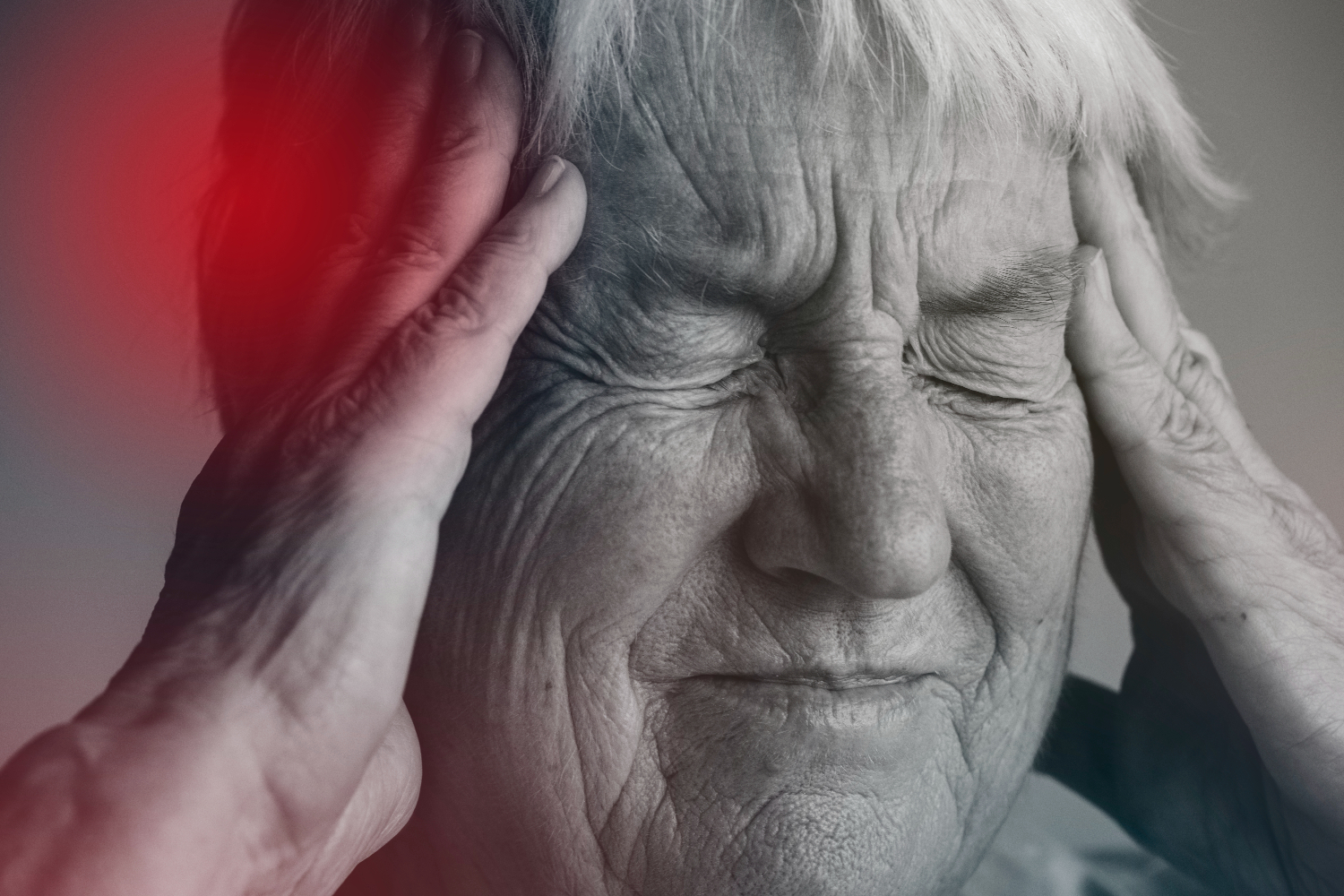Epilepsy & Oral Health What You Need to Know
Mar 26 , 2025
Purple Day, observed on March 26, raises awareness about epilepsy, a neurological condition affecting millions worldwide. While many discussions focus on seizure management, fewer people realize the connection between epilepsy and oral health. Individuals with epilepsy face unique dental challenges due to seizure-related injuries, medication side effects, and oral hygiene difficulties. Understanding these risks and taking preventive measures can help protect long-term dental health.
How Does Epilepsy Affect Oral Health?
Epilepsy can impact oral health in multiple ways, often in ways that go unnoticed until a dental issue arises. Some of the most common concerns include:
1. Seizure-Related Dental Injuries
During a seizure, uncontrolled movements can lead to accidental injuries such as:
Chipped or broken teeth from falls or biting down forcefully.
Soft tissue injuries like bitten lips, tongue, or inner cheeks.
Jaw injuries in severe cases, such as temporomandibular joint (TMJ) trauma.
2. Medication Side Effects and Gum Health
Many epilepsy medications, particularly those used for long-term seizure control, have side effects that impact oral health, such as:
Gingival hyperplasia (gum overgrowth): Certain anti-seizure drugs, such as phenytoin (Dilantin), can cause excessive gum tissue growth, leading to discomfort and difficulty cleaning teeth.
Dry mouth (xerostomia): Some medications reduce saliva flow, increasing the risk of cavities, gum disease, and bad breath.
Increased risk of infections: Some anti-seizure drugs suppress the immune system, making gums more susceptible to infection.
3. Oral Hygiene Challenges
For individuals with frequent or uncontrolled seizures, maintaining daily oral hygiene can be more challenging, leading to an increased risk of:
Plaque buildup and cavities.
Gum disease (gingivitis and periodontitis) due to inconsistent brushing and flossing.
Tooth decay and enamel erosion from acid reflux, which can be a side effect of certain medications.
Tips for Maintaining Good Oral Health with Epilepsy
Despite these challenges, individuals with epilepsy can maintain a healthy smile with the right preventive care. Here are some key tips:
1. Prioritize Gum Health
If you take medications like phenytoin, regular dental cleanings and proper brushing techniques can help prevent gum overgrowth.
Consider using a soft-bristled toothbrush or an electric toothbrush to reduce gum irritation and make brushing easier.
If dry mouth is an issue, sugar-free gum or saliva substitutes can help keep the mouth moist.
2. Prevent Seizure-Related Dental Injuries
If seizures are frequent, a custom-fitted mouthguard may help prevent injuries during episodes.
Individuals prone to falls should avoid hard or sharp foods that may worsen dental trauma.
Soft tissue injuries should be rinsed with warm salt water and monitored for signs of infection.
3. Manage Medication Side Effects
Stay hydrated and avoid caffeinated or sugary drinks that can worsen dry mouth.
Use alcohol-free mouthwash to prevent irritation and help combat dry mouth.
Discuss alternative medications with your doctor if gum overgrowth becomes severe.
4. Visit a Dentist Regularly
Routine dental checkups every six months are crucial for monitoring medication-related oral health changes.
Inform your dentist about your epilepsy, medication history, and seizure triggers so they can take precautions during treatment.
If dental procedures are needed, dentists may collaborate with your neurologist to ensure safe and seizure-friendly care.
When to Seek Immediate Dental Care
If you experience any of the following symptoms, schedule a dental visit as soon as possible:
Persistent gum bleeding or swelling
Painful ulcers or sores that don’t heal
Broken, chipped, or loose teeth due to a seizure
Signs of infection (pain, pus, or fever)









